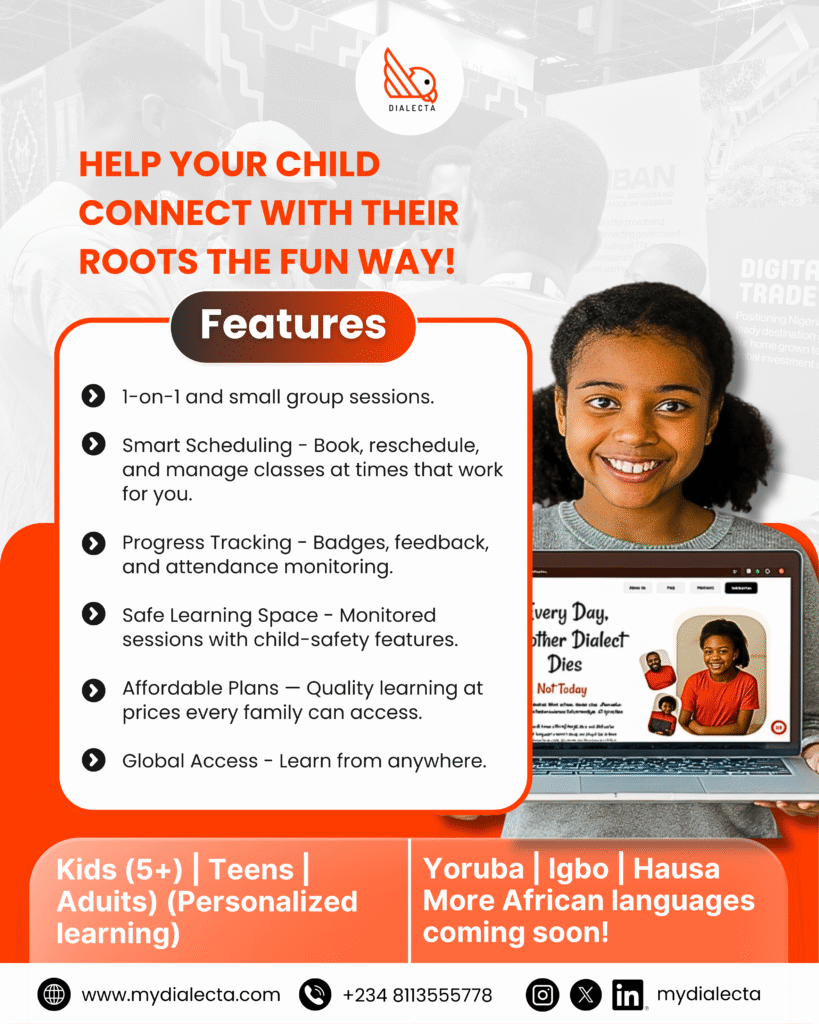
In the quest to build visibility and community engagement, many schools are turning their calendars into a never-ending list of activities: Open Days, Literacy Week, STEM Fairs, Colour Days, Parents’ Forums, Career Days, Cultural Shows—and sometimes all within one term.
While events are powerful tools for marketing, parent engagement, and learning enrichment, too much of a good thing can quickly become counterproductive.
If your team is constantly planning, decorating, coordinating, and recovering, you may be losing more than you’re gaining.
Let’s explore why it’s important to strategically balance your school events—and how to make each one count.
⸻
The Warning Signs of Event Overload
1. Teacher Burnout:
Your teachers are hired to teach, not to spend more time hanging balloons or rehearsing for performances than planning lessons. When they’re constantly pulled into logistics, it affects classroom quality.
2. Student Fatigue:
Too many events can disrupt academic rhythm. Students may begin to view school as a place of distraction, not focus. Worse, some events become repetitive and uninspiring.
3. Parent Disengagement:
If parents are invited to something every other week, they may become numb to invitations, especially working parents who struggle with time off.
4. Poor Execution:
When events are rushed or frequent, excellence drops. The result? Half-baked experiences that do more damage to your brand than good.
⸻
Quality Over Quantity: The Smart Way to Plan Events
Here’s how top-performing schools approach their event calendar:
✅ 1. Align Every Event with a Purpose
Before adding an event to the calendar, ask:
• What’s the goal?
• Who is the audience?
• How does this support learning or strengthen relationships?
Avoid planning events “because other schools are doing it.” Every event should support a clear academic, cultural, or branding objective.
✅ 2. Space Out Your Activities
Limit major events to 1 or 2 per term. This gives your team time to plan well, your students space to focus, and your parents something to truly look forward to.
Minor class-level or in-house activities can still happen, but major, resource-heavy events need breathing room.
✅ 3. Involve a Planning Committee
Don’t leave it all to teachers or your admin staff. Create a small events committee made up of staff, maybe even a few willing parents. Delegate planning, budgeting, and execution. This spreads responsibility and reduces stress.
✅ 4. Evaluate Before You Repeat
After each event, gather quick feedback from staff, students, and parents:
• What worked?
• What was stressful?
• What can be improved?
Use this feedback to decide whether to continue or adjust next year’s calendar.
⸻
🧠 The Hidden Cost of “Too Much”
When your school becomes an event factory, the energy spent planning becomes energy lost in instruction, collaboration, and innovation.
And when your teachers are constantly overwhelmed, it creates a ripple effect—low morale, decreased creativity, and high turnover.
Remember: Happy, focused teams deliver better learning experiences.
Events are important, but they must be intentional and well-paced.
A well-executed Open Day can bring more visibility than five scattered activities. A meaningful Cultural Day can leave a better impression than weekly themed dress-ups.
So, take a step back and ask:
• Are we planning events that align with our goals?
• Are we giving our team time to breathe?
• Are we doing less but achieving more?
Because in school management, balance is not a luxury; it’s a leadership decision.












